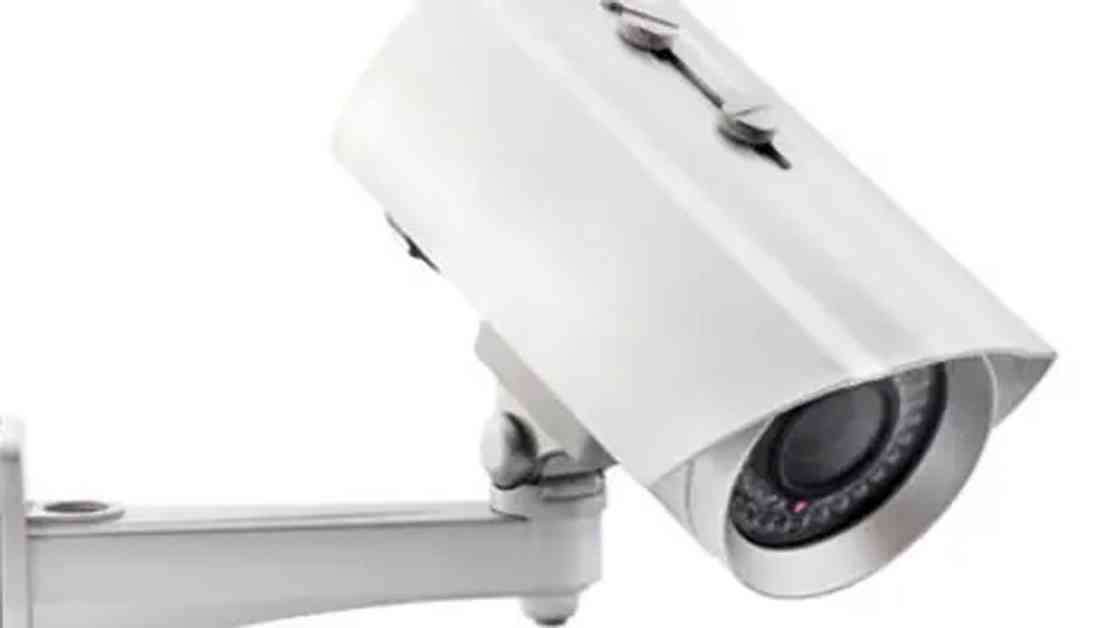A recent directive from the Maharashtra government mandating AI-based CCTV systems at licensed hospitality establishments across the state has sparked objections from the Hotel and Restaurant Association (Western India) – HRAWI. The association has raised concerns about privacy, cost, and the lack of proven efficacy in enhancing public safety with this directive.
HRAWI has highlighted that the directive was issued without consultation with industry stakeholders and imposes a heavy financial burden on hotels and restaurants. The association has expressed willingness to participate in discussions and propose alternative security measures to address the state’s security concerns without implementing the CCTV order.
In addition to privacy concerns, HRAWI has pointed out potential legal and ethical issues related to data security and customer privacy with the mandated surveillance systems. The association emphasizes the importance of privacy as a fundamental right and raises concerns about the storage of customer data without proper consent and data protection measures.
The directive, issued under the Maharashtra Prohibition Act, 1949, requires licensed premises to install advanced CCTV surveillance systems based on Artificial Intelligence (AI) and Machine Learning (ML). However, HRAWI believes that non-intrusive security measures would be more appropriate and effective in maintaining security without compromising privacy and customer experience in hospitality establishments.
HRAWI’s objections and concerns have been submitted to the Chief Secretary of Maharashtra, urging the state to reconsider the implementation of the CCTV order until all industry concerns are addressed. The association is committed to collaborating with the government to find solutions that balance security needs with privacy rights and business interests in the hospitality sector.
As the debate continues over the implementation of AI-based CCTV systems in Mumbai hotels and restaurants, stakeholders are looking for a balanced approach that ensures both security and privacy are prioritized. It remains to be seen how the Maharashtra government will respond to the concerns raised by HRAWI and whether alternative security measures will be considered in lieu of the current directive.




















